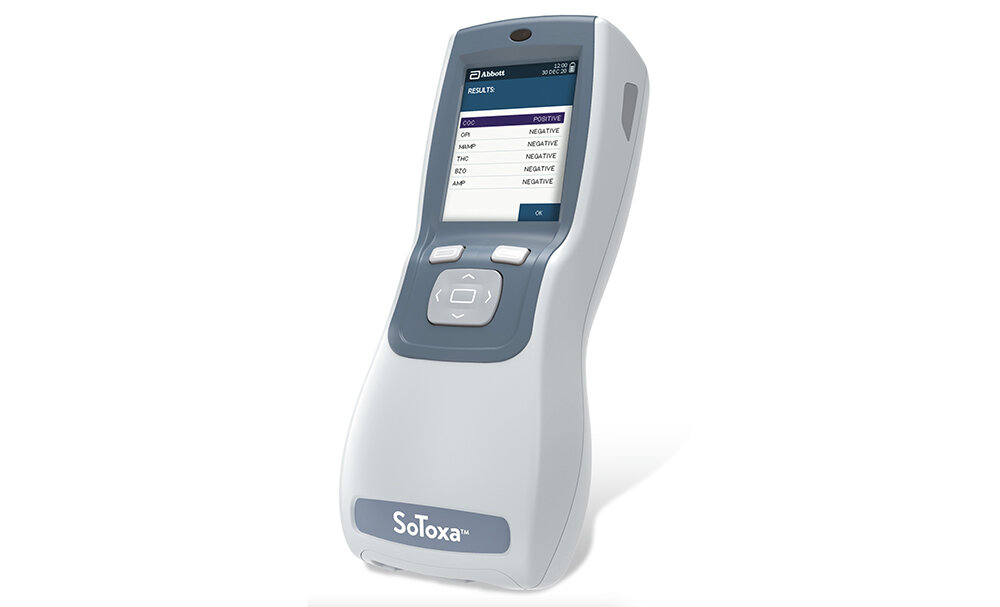By CHRIS SILVA
Six-and-a-half years after Michigan voted to embrace recreational cannabis, the state Legislature is gearing up to unleash a new roadside “tool” that smells less like public safety and more like a thinly veiled attack on cannabis consumers: oral drug tests. Two bills just sailed through the House Government Operations Committee, unanimous in their march toward potentially criminalizing countless law-abiding citizens who simply enjoy a bit of green.
Let’s be clear: Nobody wants impaired drivers on our roads. But the narrative pushed by proponents of these bills, led by state Reps. Julie Rogers, D-Kalamazoo, and Brian BeGole, R-Perry, is a convenient oversimplification paving the way for intrusive and unreliable technology. House Bill 4390 would allow officers to conduct oral fluid screenings during traffic stops, while House Bill 4391 would allow officers to slap on handcuffs based on the results of those screenings.
The National Transportation Safety Board’s recommendation from 2022 is being paraded as the unimpeachable authority here. Board member Thomas Chapman gushed about “rapid and less invasive testing.” Less invasive for whom, exactly? Certainly not for the individual whose constitutional rights are about to be trampled by a five-minute swab test that can’t even tell you if someone is actually impaired. This isn’t about making roads safer; it’s about casting a wider net, and cannabis users are clearly the biggest fish they’re hoping to catch.
Currently, officers are “forced” to rely on “archaic” methods like, you know, observing actual signs of impairment. But apparently, that’s too much work. Chesaning Police Chief Troy Meder whined about “delays” that let substances metabolize. Guess what, chief? That’s how due process works. Now, thanks to the proposed $6,000 SoToxa machine, officers can get a “positive” result and feel validated, even if that result has absolutely no bearing on whether a driver is a danger.
Here’s where the rubber meets the road, or rather, where the rubber meets the junk science. The American Civil Liberties Union isn’t just “voicing concerns” about data privacy; it’s screaming about it. Gabrielle Dresner and Kyle Zawacki of the ACLU are rightly demanding “stringent standard operating procedures” because the current bills are a data privacy black hole. What happens to your genetic material? Who gets access to your saliva? Don’t expect clear answers from the bills’ sponsors.
But the real kicker is the utter uselessness of these tests for determining cannabis impairment. Rep. BeGole admitted the roadside results are “not admissible in court” and are “simply a tool for the officers to get a positive or negative status.” So, it’s a feel-good test for cops, not actual evidence? Tim Beck of the Michigan Republican Cannabis Caucus, who was conveniently shut out of testifying, rightly called these things “useless” for determining actual impairment. He’s heard from “prominent lobbyists” that this bill is “basically a done deal in the House, and the firewall is probably going to have to be in the Senate.” Translation: The fix is in.
East Lansing DUI attorney Mike Nichols cut right to the chase: “Many things could show up as positive for THC, but they’re not THC,” he said. The University of Michigan’s Ford School of Public Policy has already pointed out the “lack of industry standards for accuracy or sensitivity” and “incidences of false positives and negatives.” Justin Colacino, an environmental health professor at U-M, hammered it home: “THC in one’s saliva doesn’t necessarily indicate someone is impaired because they could have ingested THC hours or even days prior to operating a vehicle, and it still shows up in their system despite the immediate effects of marijuana not being present in their system.”
As the House bills barrel toward a vote, Michigan’s cannabis community needs to wake up and smell the oppression. This isn’t just a minor technical adjustment; it’s a significant erosion of the freedoms we voted for. The battle lines are drawn. Will we allow the Legislature to chip away at our cannabis rights with dubious technology, or will we demand evidence-based policies that respect both public safety and individual liberties? The answer will define the future of cannabis in Michigan.
Six-and-a-half years after Michigan voted to embrace recreational cannabis, the state Legislature is gearing up to unleash a new roadside “tool” that smells less like public safety and … Read More


